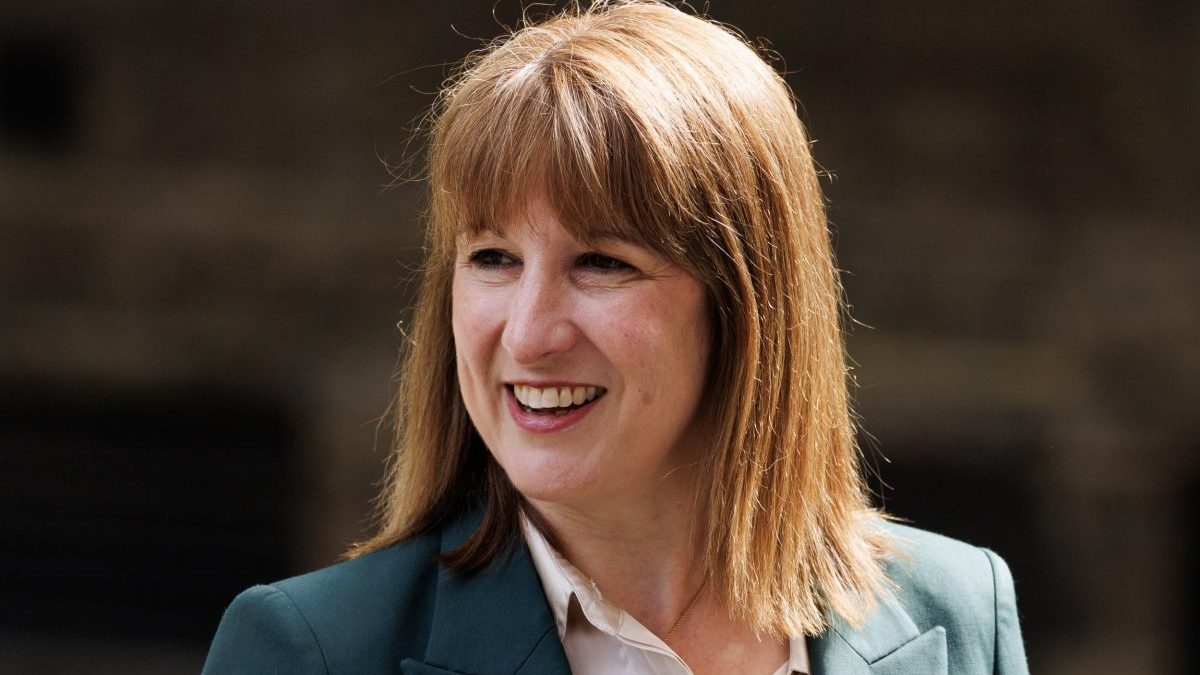Last year, many made financial decisions they later regretted over fears the lump sum would be cut
Financial advisers are seeing a rise in clients asking whether to take their tax-free pension lump sum early, amid growing fears that Rachel Reeves could tighten the rules in her Autumn Budget.
The pension commencement lump sum (PCLS) allows people to withdraw up to 25 per cent of their pension pot tax-free, currently capped at £268,275.
It is a popular option for retirees looking to pay off mortgages, support children financially or invest in inheritance tax-efficient vehicles.
But with the Chancellor under pressure to boost tax revenues, speculation is mounting that changes could be on the horizon.
Concerns over the future of tax-free pension cash first gathered pace ahead of last year’s Autumn Statement, when rumours suggested Labour might have scrapped or restricted the benefit.
Among the mooted changes were cutting the overall cap on how much tax-free cash could be taken or removing the 25 per cent entitlement entirely for future savers – options that, if implemented, could significantly alter retirement planning.
While that did not materialise, many clients rushed to withdraw their lump sums early, moves that some have since come to regret. Now, with Reeves preparing her second Budget, those same fears are resurfacing.
A financial planner at Evelyn Partners, who did not wish to be named, told The i Paper: “Personally, I have seen most clients ask the question. It’s a similar story to last Budget when the same rumours were floating about. I dare say this time it’s more likely, given the worsening economic outlook and less taxation levers to pull.”
Advisers say the uptick in enquiries is not driven by Budget speculation alone but a confirmed policy change, announced last year, that will bring pensions into the scope of inheritance tax (IHT) from April 2027.
That means any unused pension left after death could be taxed at 40 per cent as part of someone’s estate, a significant shift that is already prompting changes in financial planning.
Whatever happens in October, experts are warning against knee-jerk reactions.
Some of the sharpest changes are being seen among the wealthiest clients, those who had no plans to touch their pensions before the IHT rules were changed.
They continued “Previously, when estate planning, there was little point in wealthy people withdrawing PCLS into their IHT taxable estate, when pensions were IHT free until age 75 anyway.
“This is perhaps the single biggest increase as these clients were never going to touch their pension, and now with IHT on the horizon, they are looking to take the tax-free cash and either spend it and enjoy themselves or give it away.”
These clients tend to be withdrawing close to the maximum lump sum allowance of £268,275, he said.
The planner added: “Some of these individuals have higher levels of lifetime allowance protection and therefore potentially higher tax-free cash entitlements.”
Jason Hollands, managing director of Evelyn Partners, said speculation has already led to poor decision-making.
“There was much speculation about this last year, which spooked many people into taking their tax-free cash earlier than they might have done otherwise, some of whom will no doubt have since regretted making that move as they ended up bringing cash, they don’t currently need, into a taxable environment.
“It is unwise to make such a significant and irreversible decision merely on speculation.”
Others echoed the warning, with Jason Graham, wealth planner at Succession Wealth, adding: “There’s definitely been a rise in conversations.
“Unfortunately, we’re seeing fear and speculation take over, with clients making decisions just in case. But as I often say, we mustn’t let the tax tail wag the dog.”
Tom Selby, director of public policy at AJ Bell, called for urgent action from the Government to end the uncertainty.
He said: “We saw before the last Budget the damage speculation about tax-free cash does and given the fiscal situation, it is inevitable this will happen again.
“That’s why we’ve been pushing for a pensions tax lock – a commitment not to alter tax relief or tax-free cash entitlements, at least for the rest of this Parliament – to give long-term savers certainty so they can plan for their future.”
A Treasury spokesperson said: “We are committed to helping our pensioners live their lives with dignity and respect, which is why in April the basic and new state pension increased by 4.1 per cent.
“Pensioners will receive a boost of up to £470 to their income in 2025/26. “Our commitment to the triple lock means millions will see their pension rise by up to £1,900 this parliament.”
